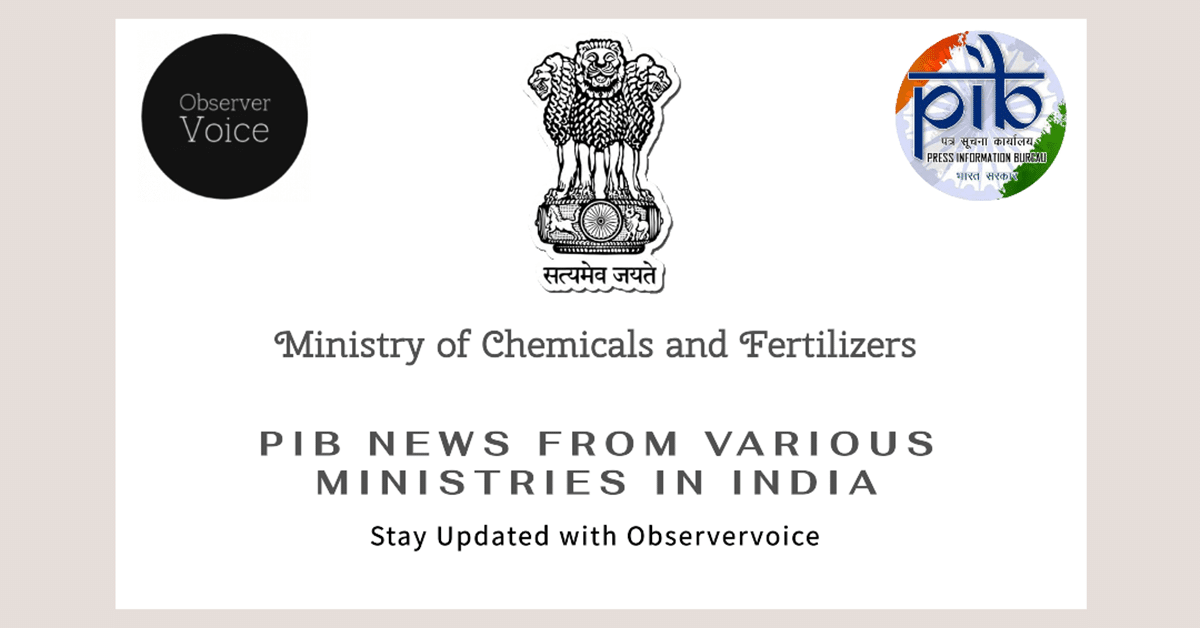Potassium Derived from Molasses: A Sustainable Alternative

The agricultural sector is constantly evolving, with new solutions emerging to meet the growing demands for sustainable farming practices. One such innovation is Potassium Derived from Molasses (PDM), a by-product of the sugar industry. This alternative to traditional fertilizers offers farmers a way to reduce their dependence on imported potash while promoting sustainable agricultural practices. In recent years, the Indian government has taken significant steps to support the use of PDM and other organic fertilizers, aiming to enhance domestic production and ensure self-sufficiency in critical minerals.
Understanding Potassium Derived from Molasses (PDM)
Potassium Derived from Molasses is a valuable resource for farmers. It contains a minimum of 14.5% potash, making it a viable alternative to Muriate of Potash (MOP), which has a higher potash content of 60%. The introduction of PDM into the market is a strategic move to reduce reliance on imported fertilizers, which can be costly and subject to international market fluctuations.
In 2009, PDM was officially recognized under the Fertilizer Control Order (1985). This recognition paved the way for its inclusion in the Nutrient Based Subsidy scheme, which began in the Rabi season of 2022. As part of this initiative, the government has set a subsidy of Rs. 345 per tonne for PDM during the fiscal year 2024-25. This financial support encourages farmers to adopt PDM, thereby promoting sustainable agricultural practices and reducing the environmental impact associated with traditional fertilizers.
The use of PDM not only benefits farmers economically but also contributes to the overall health of the soil. By utilizing a by-product of the sugar industry, farmers can enhance soil fertility while minimizing waste. This innovative approach aligns with global trends toward sustainable agriculture, making PDM a crucial component of modern farming practices.
The Role of Potash and Glauconite in Agriculture
Potash and Glauconite, a potassic mineral, have been classified as Critical and Strategic Minerals under the Mines & Minerals (Development and Regulation) Amendment (MMDR) Act, 2023. This classification highlights the importance of these minerals in achieving self-sufficiency in agricultural production. The Indian government aims to enhance domestic production of critical minerals, ensuring that farmers have access to essential nutrients for their crops.
The MMDR Act, originally enacted in 1957, has been updated to facilitate the production, processing, and recycling of critical minerals. This legislation encourages investments from both the government and the private sector, emphasizing sustainable and responsible mineral management practices. As part of this initiative, the Ministry of Mines has begun auctioning mineral blocks for critical and strategic minerals. As of December 10, 2024, five mineral blocks of Glauconite have been successfully auctioned, further supporting the domestic supply chain for potash.
The focus on domestic production of potash and Glauconite is crucial for reducing dependence on imports. By fostering local mining and processing, the government aims to stabilize prices and ensure a consistent supply of these essential minerals to farmers. This initiative not only supports agricultural productivity but also strengthens the overall economy by creating jobs and promoting sustainable practices in the mining sector.
Regulatory Framework for Ammonium Nitrate
The chemical sector in India is largely deregulated, allowing for flexibility in manufacturing and distribution. However, the production and handling of Ammonium Nitrate are governed by the Ammonium Nitrate Rules, 2012. These regulations ensure that the manufacturing, import, export, and transportation of Ammonium Nitrate are conducted safely and responsibly. The Petroleum and Explosives Safety Organisation (PESO) is responsible for issuing licenses for these activities, ensuring compliance with safety standards.
In the recent Budget for 2024-25, the government increased the Basic Custom Duty (BCD) on Ammonium Nitrate from 7.5% to 10%. This increase aims to support existing and new manufacturing capacities in the country. The Directorate General of Trade Remedies (DGTR) plays a vital role in protecting domestic industries from unfair trade practices, such as dumping and subsidies from foreign competitors. Currently, there are no pending applications for import barriers on Ammonium Nitrate, indicating a stable market environment for domestic producers.
The regulatory framework surrounding Ammonium Nitrate is essential for maintaining safety and promoting fair competition in the chemical sector. By ensuring that domestic producers can compete effectively, the government aims to bolster the agricultural sector’s reliance on locally produced fertilizers, ultimately benefiting farmers and the economy as a whole.
Promoting Organic Fertilizers and Sustainable Practices
The Indian government is actively promoting organic fertilizers through various initiatives. One such program is the Market Development Assistance (MDA), which offers financial support of Rs. 1500 per metric ton to encourage the use of organic fertilizers. This initiative is part of a broader strategy to enhance the production of manure from biogas plants under the GOBARdhan initiative. The total outlay for this program is Rs. 1451.84 crore, covering the fiscal years 2023-24 to 2025-26.
The MDA program collaborates with various ministries and departments, including the Ministry of Petroleum and Natural Gas and the Ministry of New & Renewable Energy. These partnerships aim to promote sustainable alternatives to chemical fertilizers, aligning with the global push for environmentally friendly agricultural practices.
Additionally, the Institute of Pesticides Formulation and Technology is working on developing greener technologies and user-friendly pesticide formulations. Projects like the UNIDO FARM initiative, undertaken by HIL (India) Ltd., focus on reducing the use of hazardous pesticides in agriculture. This project emphasizes the development of bio-pesticides, such as Btk, Neem, and Trichoderma spp., which are effective in controlling pests and enhancing plant growth without harming the environment.
By promoting organic fertilizers and sustainable practices, the Indian government is taking significant steps toward a more sustainable agricultural future. These initiatives not only benefit farmers but also contribute to the overall health of the environment, ensuring that future generations can continue to thrive in a healthy ecosystem.
Observer Voice is the one stop site for National, International news, Sports, Editor’s Choice, Art/culture contents, Quotes and much more. We also cover historical contents. Historical contents includes World History, Indian History, and what happened today. The website also covers Entertainment across the India and World.

